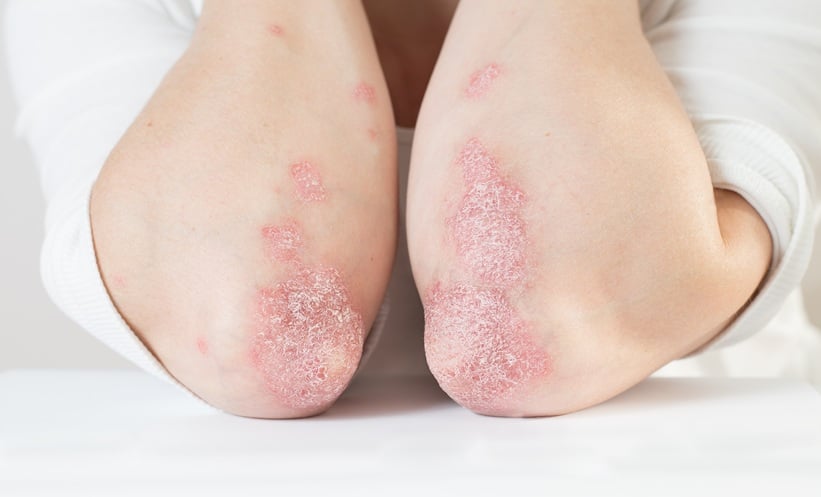A RECENT study has highlighted key biological and clinical factors linked to resistance to biologic therapies in patients with severe psoriasis. Despite the significant efficacy of biologics targeting adaptive immune molecules such as interleukin-17 and interleukin-23, up to half of treated patients still experience suboptimal outcomes. The research, conducted at Gachon University Gil Medical Center, investigated why some individuals fail to sustain a therapeutic response.
Among the 87 participants with severe plaque-type psoriasis, all of whom had previously failed conventional treatments and had received biologics for at least two years, 16 patients (18.4%) experienced early loss of efficacy, requiring a switch in therapy. A notable clinical factor associated with this resistance was being overweight, defined as a body mass index over 25. This was the only clinical characteristic significantly linked with reduced biologic durability, suggesting a strong correlation between obesity and treatment resistance.
Molecular analyses of skin tissue provided deeper insight into the underlying causes. Patients showing resistance exhibited pronounced activation of the innate immune system, particularly in the epidermis. Genes associated with neutrophil activity and inflammation, such as CXCL8, LCN2, S100A8, and S100A9, were markedly upregulated. These findings were supported by immunofluorescence studies showing elevated protein levels of lipocalin 2 and other innate immune mediators like IL-36α and IL-36γ.
Interestingly, traditional factors such as the initial severity of psoriasis or duration of disease before biologic therapy were not associated with resistance. The evidence instead points to dysregulated epidermal immunity, especially involving neutrophils, as a central mechanism in early biologic failure. This imbalance may not be effectively addressed by existing therapies, which primarily target adaptive immune pathways in the dermis.
The study’s findings suggest that targeting the epidermal innate immune system, particularly in overweight individuals, could improve long-term treatment outcomes. As such, there is a clear need for new therapeutic strategies that address this overlooked aspect of psoriasis pathogenesis.
Reference
Kim HJ et al. Association of obesity and innate immune markers with resistance to biologic therapy in psoriasis. JAMA Dermatol. 2025;DOI:10.1001/jamadermatol.2025.0288.







